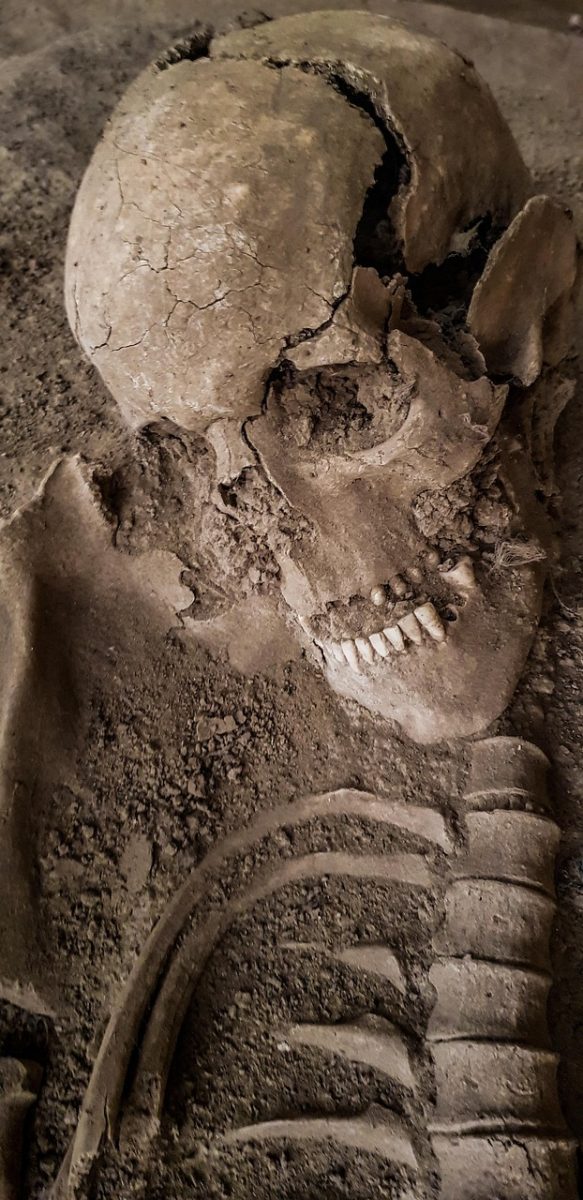My recent obsession with anthropology is due to the drama show Bones. The show follows Dr. Temperance Brennan, a forensic anthropologist. This show is my first time seeing and hearing about forensic anthropology, and it has sparked my interest in the subject.
According to the American Anthropological Association, anthropology takes a broad approach to understanding the many different aspects of the human experience. It’s the study of what makes us human. The four main components of anthropology are human biology, archaeology, cultural anthropology, and linguistics. While anthropologists are well-versed in all four components, they usually specialize in only one or two subject areas.
Jobs in Anthropology
Government
The anthropologists who work for state and federal governments use their knowledge to help in many different ways. Anthropology is used to help identify remains for police departments and in museum and university settings. One of the largest employers of anthropologists is the federal government, along with academia. Some of these jobs include international development, cultural resource management, the legislative branch, forensic and physical anthropology, natural resource management, and defense and security sectors.
Corporate and Business
The use of anthropology in business is used to recognize patterns in consumer behavior that are not clear through statistical analysis or survey methods. This knowledge is used to identify problems and come up with solutions.
Academic
When working in an academic environment, anthropologists work as professors, doing the regular requirements of a teacher- lecturing, grading papers, writing articles or books, and working with students. There are many other departments and programs where anthropologists work, like medicine, epidemiology, public health, ethnic studies, cultural studies, community or area studies, linguistics, education, ecology, cognitive psychology, and neural science.
Subgroups of Anthropology
Cultural Anthropology
Cultural anthropology, also known as social anthropology, studies the behavior of groups of people in specific environments (National Geographic). Cultural anthropologists focus their work on ethnography, a research method that fully immerses you in someone’s culture, a way to learn the how and why of a group.
Linguistic Anthropology
Linguistic anthropology is the study of how languages impact social life. When working with different societies, linguistic anthropologists use interviews, audio and video recordings, and written documents to understand how language shapes a culture’s belief systems and customs. They also document and research dying native languages to help maintain them.
Biological Anthropology
Biological anthropology is the study of evolution using human beings and their living and fossil relatives. When working in biological anthropology, the focus is placed on human culture and behavior. They look at changes in our skeletal or genetic makeup and connect these changes to social and cultural nature throughout time.
Archaeology
Archaeology is the study of using human remains and other materials to study our past. Archaeologists use these items to interpret civilizations’ experiences and daily life. Archaeologists focus their work on a specific time, allowing them to become experts in their niche.
Why I Am Interested In Anthropology
Anthropology combines many of the subjects I am interested in: science, human development, and how different societies came to be. When watching Bones, I found the information given on anthropology incredibly interesting and found myself wanting to learn more. Anthropology is a jack of all trades area of study, it uses numerous elements to explain the why of certain things.









